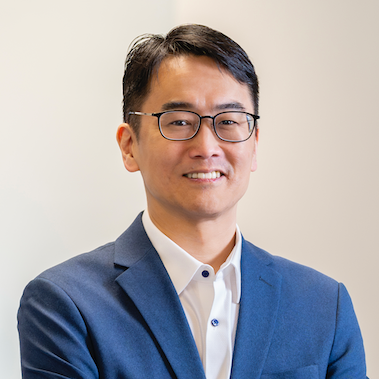Director’s Message
Director's Message
Welcome to Cardiovascular and Metabolic Disease (CVMD) TRP. The obesity epidemic and the rise of cardiometabolic diseases have become permanent fixtures of modern life in Singapore and globally. CVMD TRP is home to various branches of biomedical science tackling this important medical and societal challenge. Our clinician scientists and basic science researchers work together to achieve a common goal – better understanding of the pathophysiology of CVMDs and translating the knowledge to improve patient care.
Today, we have incredible technologies and resources at our disposal to collect a large amount of data in all facets of CVMD research. Leveraging these capabilities, members of our TRP carry out innovative cardiovascular cell biology research, discover novel biomarkers for early diagnosis and prognosis, run rigorous clinical trials for the assessment of new therapies and implement non-invasive surgical procedures. More importantly we organise population-scale studies to focus on primary prevention of subclinical CVMDs.

In parallel to our quest for research excellence, we also take education as a critical mission of our program, preparing the next generation leaders for this uphill battle. We foresee that the field of CVMD research will be revolutionised by a combination of novel precision medicine approaches and balanced adoption of artificial intelligence. To this end, we aim to train young scientists and clinicians to work with these tool boxes so that they can bring innovation to the treatment of every CVMD patient in their time.
Once again, we welcome you to our program website and please read about the amazing science our members do day in and day out. We are always looking for new talents including faculty members, post-doctoral fellows and graduate students. If you share the same passion with us, please don’t hesitate to contact us!
Hyungwon Choi, Ph.D.
Director, CVMD TRP

